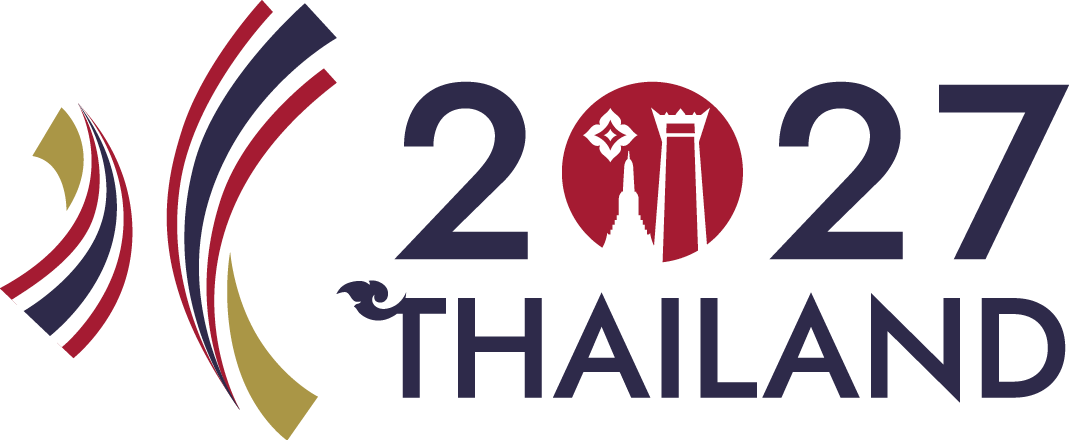Post-amputation pain is a burdensome condition characterised by either pain in the residual limb or pain perceived in the missing limb after an amputation, or phantom limb pain. Approximately 80% of people who have undergone an amputation experience post-amputation pain during their life. The consequences of post-amputation pain can be profound, often delaying the use of prostheses, leading to reduced mobility and quality of life.
This topical session will use a historical perspective to gain insights into contemporary evidence-based management strategies, prosthesis use, and outcome measurement. The speakers will explore the impact of post-amputation pain and the history of prosthetics use by examining the long-term outcomes of amputations that occurred during the First World War. Recent advances in surgical, pharmacological, and rehabilitation treatments for post-amputation pain will be presented and evaluated. Finally, outcome measurement for this population will be described and evaluated.
The aim of this workshop is to provide a platform for discussion about the history of post-amputation pain and prosthetics use, the current evidence for post-amputation pain management, and methods for measuring outcomes for people with post-amputation pain.
Statement of the objective / learning objectives
• Understand the impact and natural history of post-amputation pain and prosthetics use.
• Evaluate surgical, pharmacological, and rehabilitation treatments for post-amputation pain.
• Engage in discussion about methods for measuring outcomes for people with post-amputation pain.


